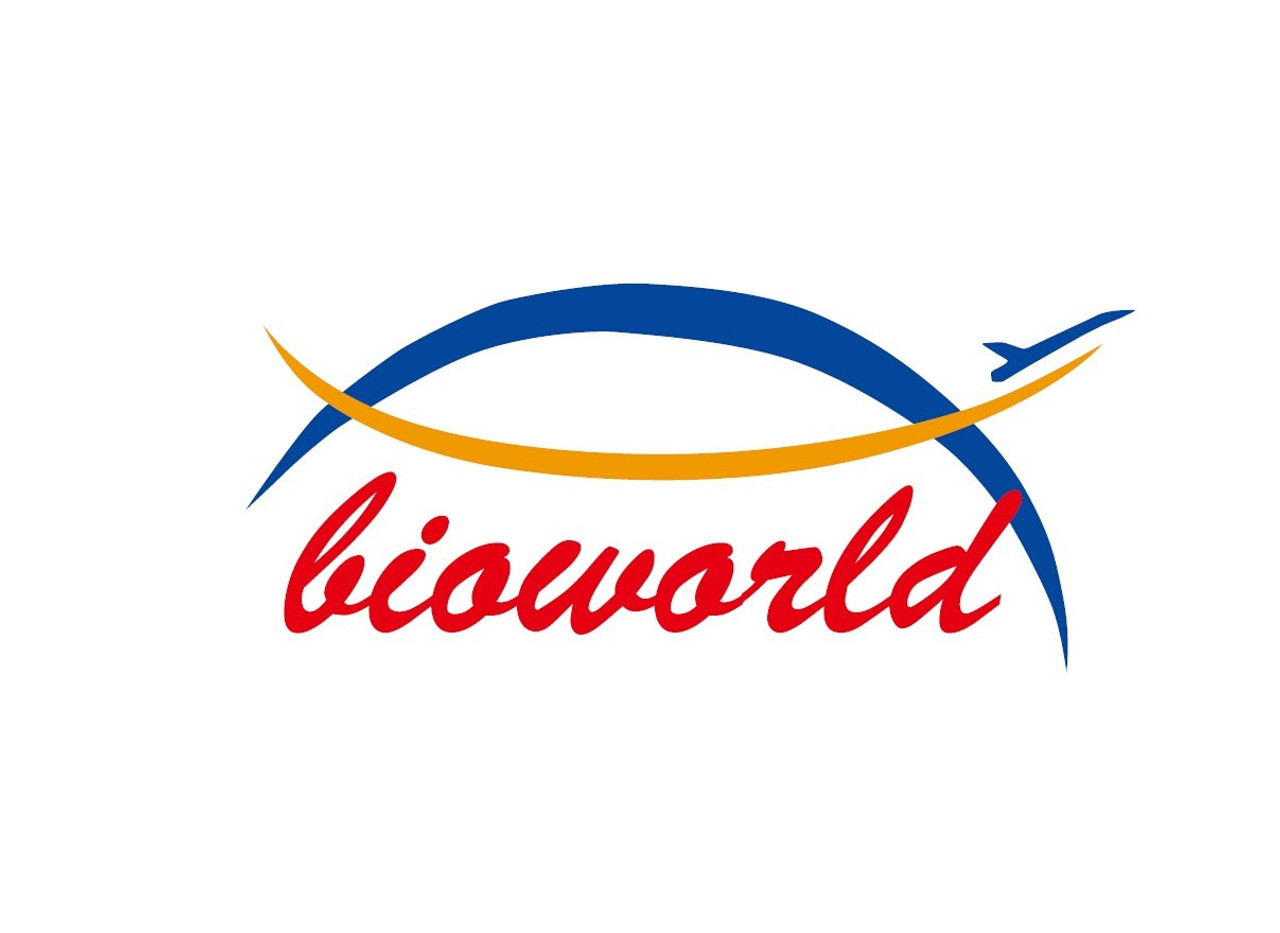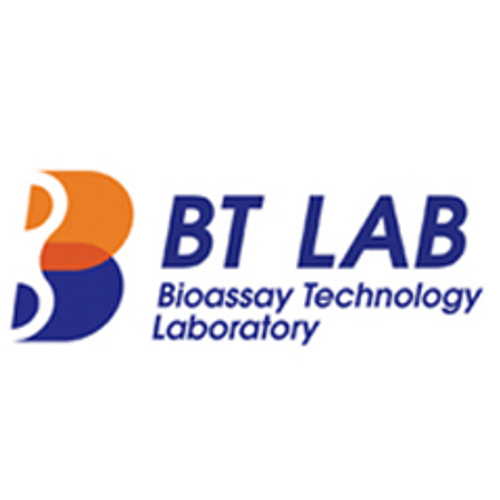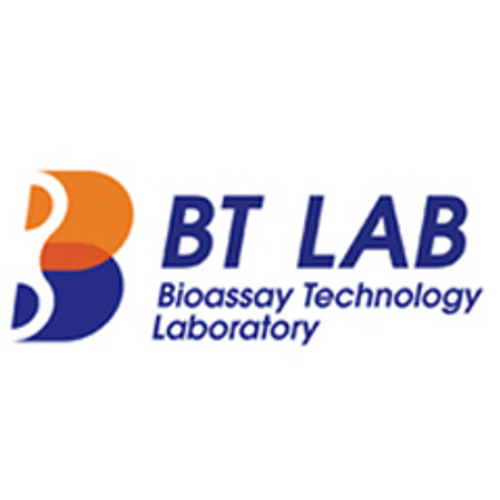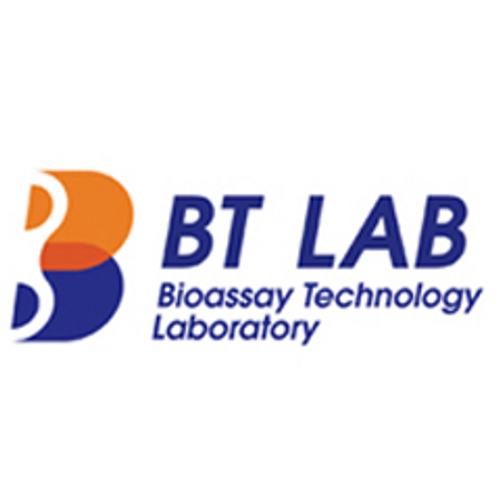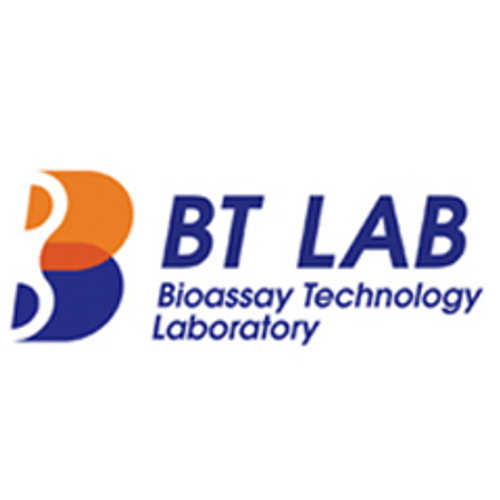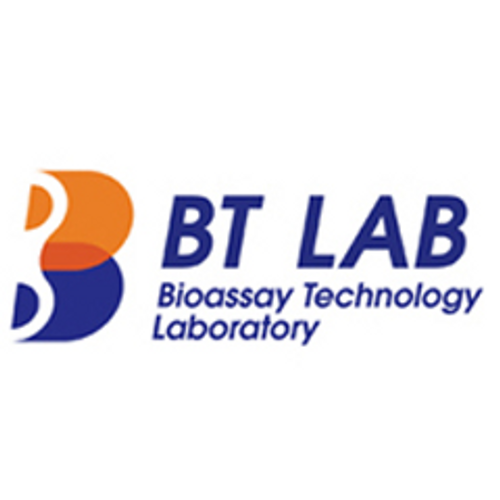Product Description
4E-BP1 (phospho-T36) polyclonal Antibody | BS6356 | Bioworld
Host: Rabbit
Reactivity: Human,Mouse,Rat
Application: WB
Application Range: WB: 1:500~1:2000
Background: The translation of proteins from eukaryotic mRNA is initiated by the multisubunit complex eIF-4F, which associates with the mRNA 5' cap structure. eIF-4E, a component of eIF-4F, is responsible for binding to the 5' cap structure and for the assembly of the eIF-4F complex. The regulatory protein 4E-BP1, also referred to as PHAS-I, inhibits eIF-4E function. Phosphorylation of 4E-BP1 by S6 kinase p70, MAP kinases or PKCs causes the disassociation of 4E-BP1 from eIF-4E, promoting translation. A protein that is functionally related to 4E-BP1, designated 4E-BP2, also associates with eIF-4E.
Storage & Stability: Store at 4°C short term. Aliquot and store at -20°C long term. Avoid freeze-thaw cycles.
Specificity: p-4E-BP1 (T36) polyclonal Antibody detects endogenous levels of 4E-BP1 protein only when phosphorylated at Thr36.
Molecular Weight: ~ 15 to 20 kDa
Note: For research use only, not for use in diagnostic procedure.
Alternative Names: Eukaryotic translation initiation factor 4E-binding protein 1; 4E-BP1; eIF4E-binding protein 1; Phosphorylated heat- and acid-stable protein regulated by insulin 1; PHAS-I; EIF4EBP1; 4EBP1; PHAS I; PHASI;
Immunogen: Synthetic phosphopeptide derived from human 4E-BP1 around the phosphorylation site of Threonine 36.
Conjugate: Unconjugated
Modification: Phosphorylation
Purification & Purity: The Antibody was affinity-purified from rabbit antiserum by affinity-chromatography using epitope-specific immunogen and the purity is > 95% (by SDS-PAGE) .
Pathway: MAPK Erk in Growth and Differentiation Pathway,
 Euro
Euro
 USD
USD
 British Pound
British Pound
 NULL
NULL

